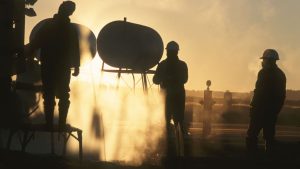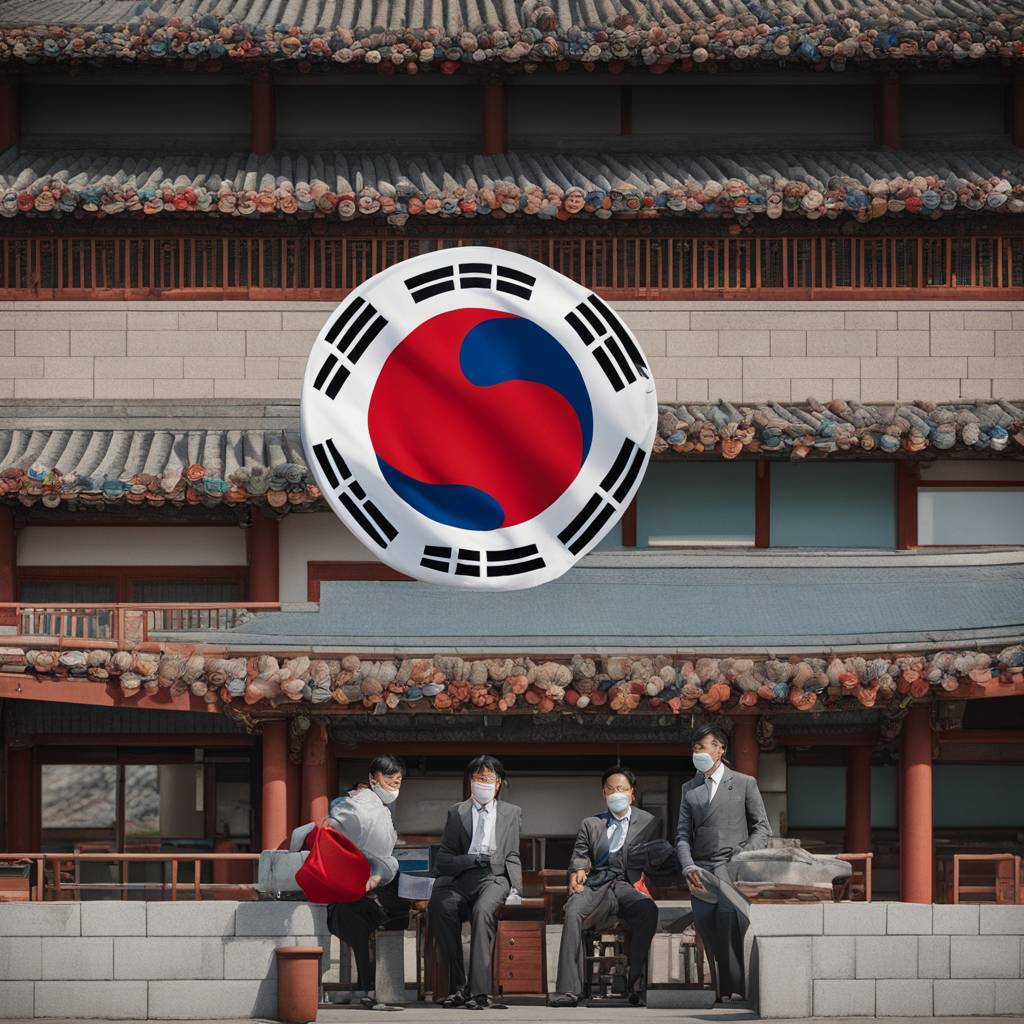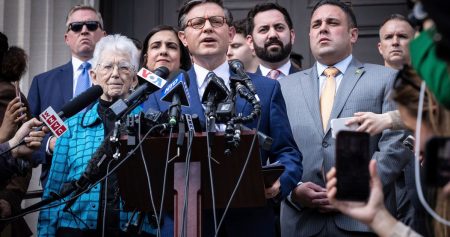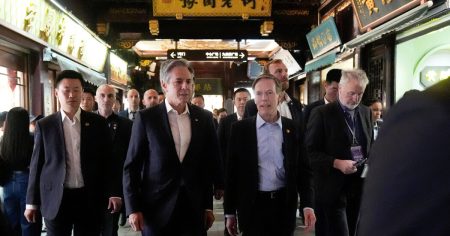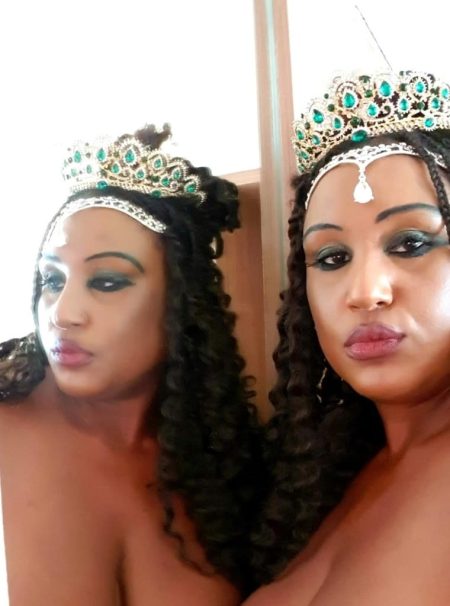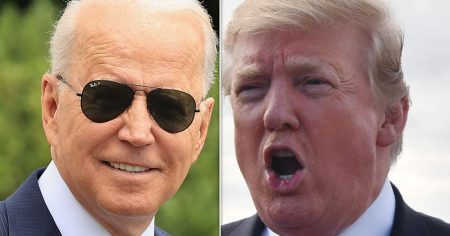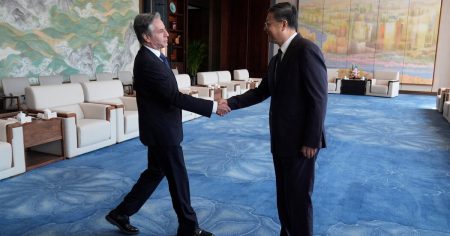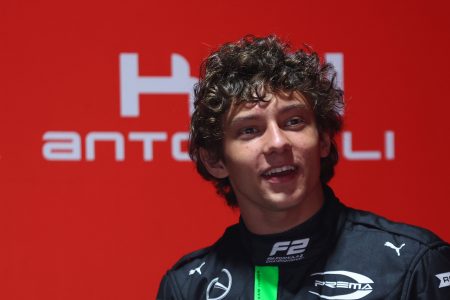The upcoming elections in South Korea are not just about the 300 seats in Parliament; they are also a fierce battleground between President Yoon Suk Yeol and opposition leader Lee Jae-myung, known for their intense rivalry and divisive politics. The elections are seen as a choice between punishing Yoon for abuse of power or Lee for corruption, with deep-seated voter discontent and mounting tensions in the country. The economy is struggling, the birth rate is low, and young people fear they may be economically worse off than their parents.
The political landscape in South Korea is more divided than ever, with online hate speech and violent attacks on politicians becoming more common. The elections have turned into a platform for demonizing opponents rather than focusing on crucial issues such as the country’s low birth rate and economic challenges. The political environment in South Korea is marked by a culture of revenge and resentment, where leaders often pursue their rivals with criminal investigations, creating a vicious cycle of political retaliation.
Yoon and Lee’s rivalry dates back to the 2022 presidential election, where Yoon narrowly defeated Lee. Since then, Yoon’s administration has launched investigations against Lee, while Lee has fought back by winning a parliamentary seat and positioning himself as a key player in the political arena. Both leaders have engaged in a bitter power struggle, vetoing each other’s proposals and refusing to cooperate on key issues. The upcoming elections are seen as a referendum on their leadership styles and policies.
The elections are mainly a battle between the two major parties for parliamentary control, but smaller parties have also joined the fray. Lee’s party and its allies are campaigning on a platform of punishing Yoon and holding his government accountable for corruption allegations. A defeat for Yoon could significantly impact his ability to govern and pass legislation during his term. The election will not only determine the balance of power in Parliament but also have implications for the 2027 presidential race.
Yoon and Lee come from contrasting backgrounds, adding a cultural dimension to their political clash. Yoon, a former elite prosecutor, is seen as a strong leader who has strengthened ties with the United States but is criticized for his authoritarian tendencies. Lee, on the other hand, rose from humble beginnings to become a labor lawyer and politician, positioning himself as an anti-establishment figure. Both leaders have faced accusations of corruption and abuse of power, further intensifying the animosity between them.
The upcoming elections are expected to exacerbate polarization in South Korea, with issues like low birth rates, the economy, and welfare taking a back seat to the power struggle between Yoon and Lee. The outcome of the elections will not only shape the future of the country’s politics but also set the stage for the 2027 presidential race. Regardless of the results, the political environment in South Korea is likely to remain rife with divisiveness and animosity, impacting governance and public discourse.
